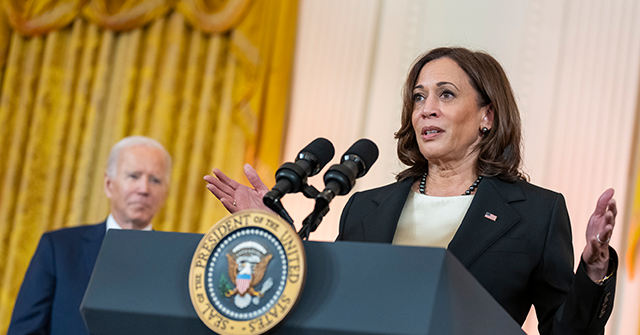On a recent episode of Fox News Channel’s “America Reports,” Senator Chris Coons (D-DE) addressed claims regarding the death of Yahya Sinwar, the former Hamas leader, and the implications of a potential ceasefire in the ongoing conflict involving Israel. Co-host John Roberts pointed out the severe humanitarian crisis faced by both Israelis and Palestinians and suggested that if President Biden and Vice President Kamala Harris’ pleas for a ceasefire had been heeded by Israeli Prime Minister Benjamin Netanyahu, Sinwar would still be alive. Roberts underscored Sinwar’s notorious reputation for orchestrating violence against both Palestinians and Israelis, particularly through his brutal record in Khan Younis, where he was alleged to have personally executed those he accused of collusion with Israeli forces.
In response to Roberts’ assertions, Coons emphasized President Biden’s unwavering support for Israel’s security and resilience. He acknowledged that the conflict has led to considerable suffering, yet underscored the importance of Israel’s defense against ongoing threats, particularly those from Iran. Coons argued that Biden has taken significant steps to bolster Israel’s security, including forming regional alliances that effectively neutralized Iranian missile threats. He defended the administration’s actions as crucial in ensuring that Israel’s strategic position remains intact while responding to regional threats, framing Biden’s efforts as essential in the broader context of U.S. foreign policy.
Coons further asserted that regardless of the circumstances surrounding the discussion of a ceasefire, it was highly likely that the Israeli intelligence agency, Mossad, would ultimately locate and eliminate Sinwar. He indicated that this was not merely a matter of chance but an inevitable outcome given the capabilities of Israeli intelligence. The senator highlighted that while the timing of Sinwar’s death might appear coincidental, it aligns with a historical pattern where threats to Israel are systematically addressed, referencing the prolonged pursuit of figures like Osama bin Laden and the eventual successful operations against them.
The conversation reflects deeper questions of morality and strategy in military engagements, particularly in a region marked by longstanding conflict. While acknowledging the suffering caused by the ongoing warfare, Coons defended the need for decisive action against figures like Sinwar, positing that ending his leadership would diminish Hamas’s operational capabilities. In this sense, he illustrated a broader narrative of necessary responses to extremism and the protection of national security, which often prioritizes decisive military action over diplomatic possibilities at times of acute threat.
Coons’ remarks also highlighted a challenging paradox faced by U.S. policymakers: the balance between advocating for humanitarian concerns and maintaining strong alliances with nations like Israel. As the situation in Gaza evolved, this balance came under increasing scrutiny. Critics of U.S. support for Israel argue that continued military action exacerbates humanitarian crises, while proponents like Coons contend that any pause in military operations might empower those posing existential threats to Israel—hence complicating the viability of long-term peace.
In summation, this exchange illustrates the complexities of diplomatic negotiations surrounding the Israel-Palestine conflict. Coons’ defense of Biden’s position against the backdrop of Sinwar’s elimination serves to highlight the ongoing U.S. commitment to Israel’s security, even as discussions of humanitarian implications persist. By framing these actions in a historical context, Coons seeks to reaffirm the necessity of active measures in the face of perceived threats while grappling with the moral dimensions of such military engagements and the resulting humanitarian fallout.

